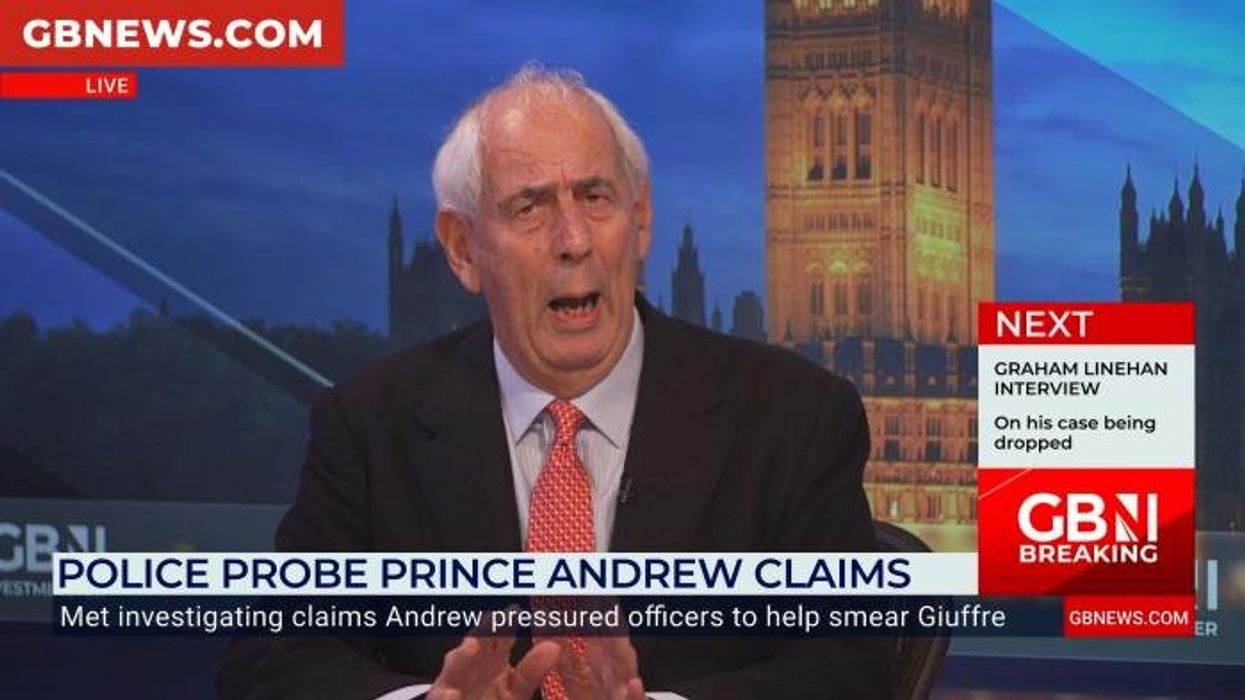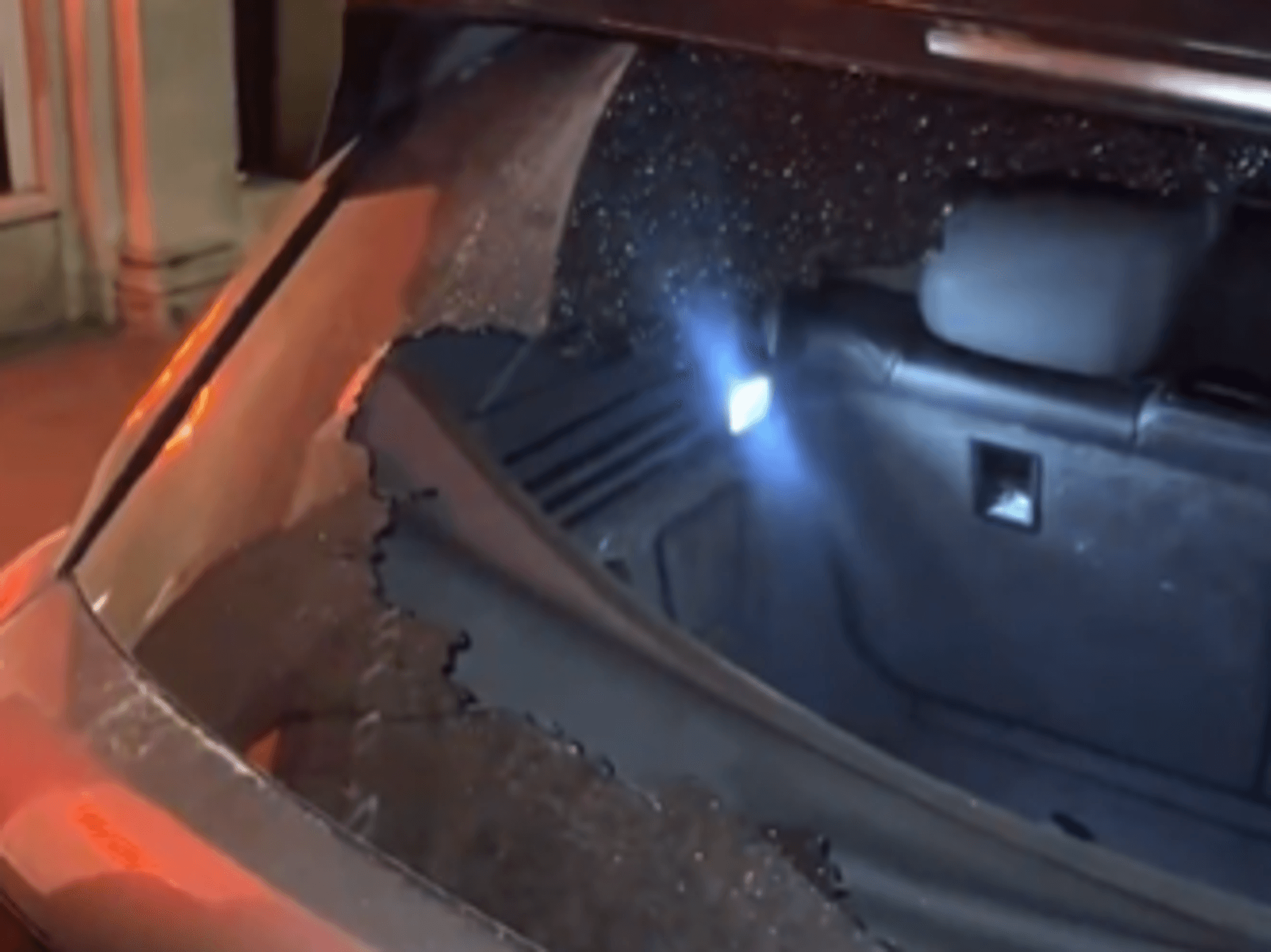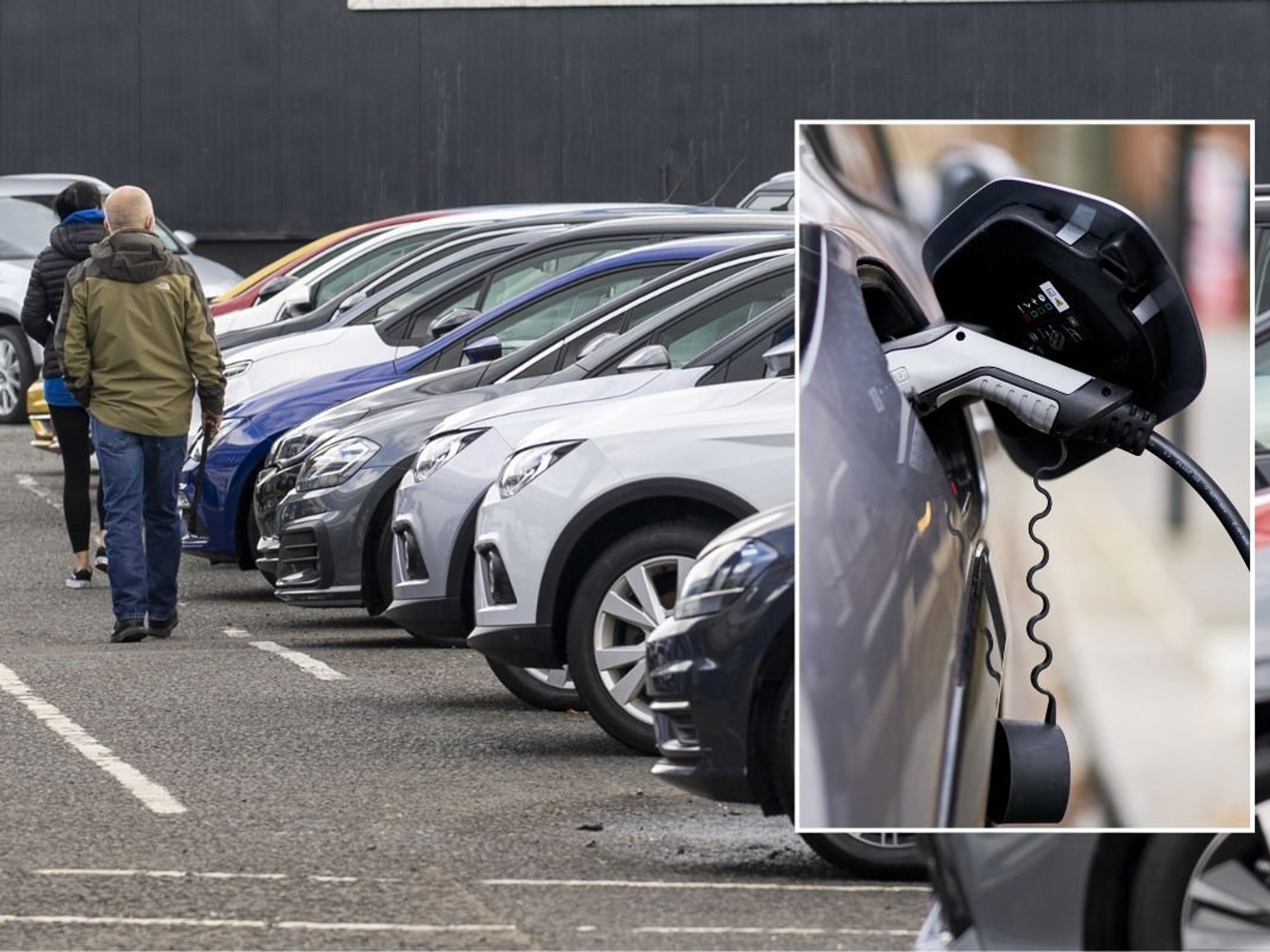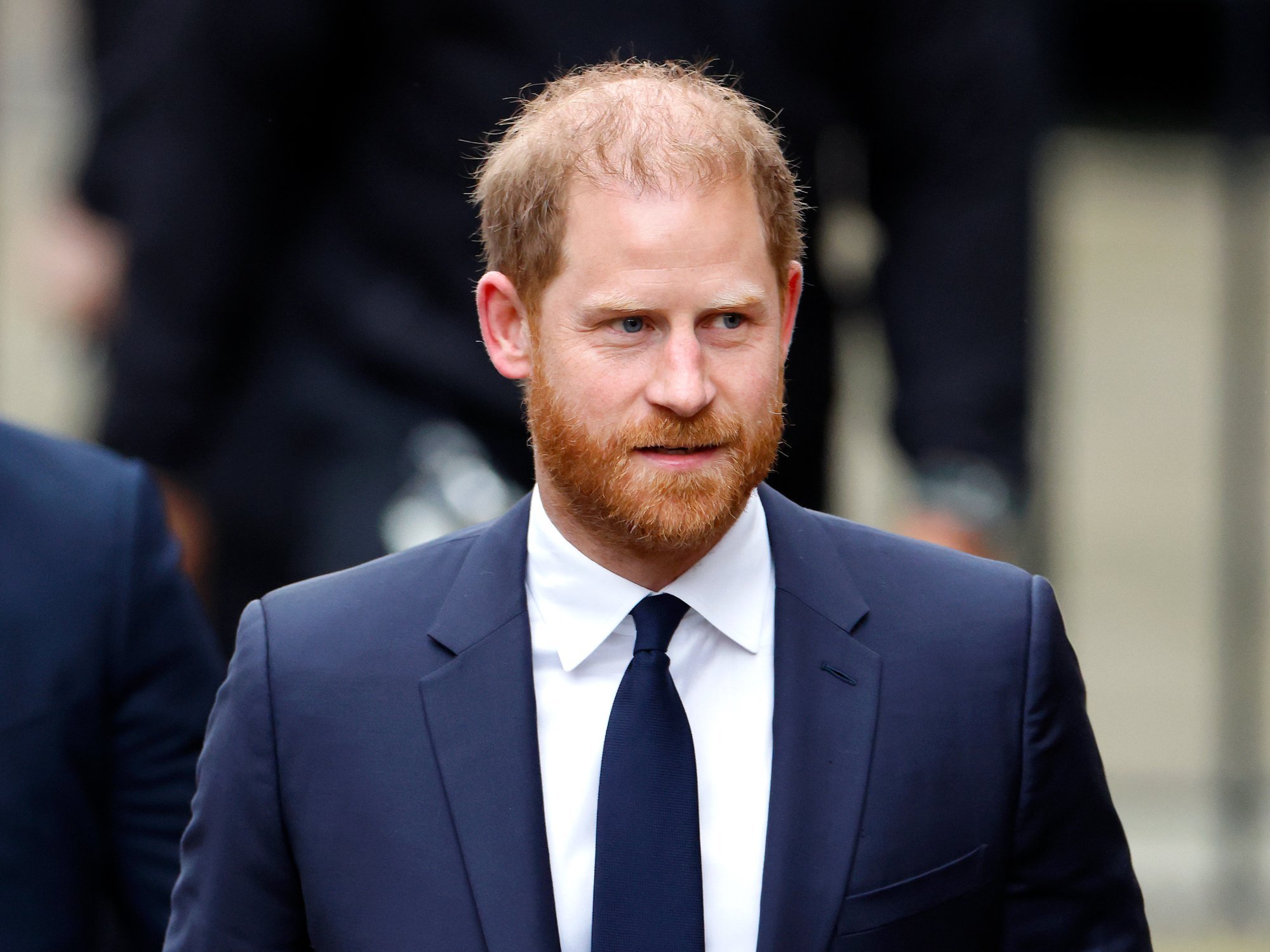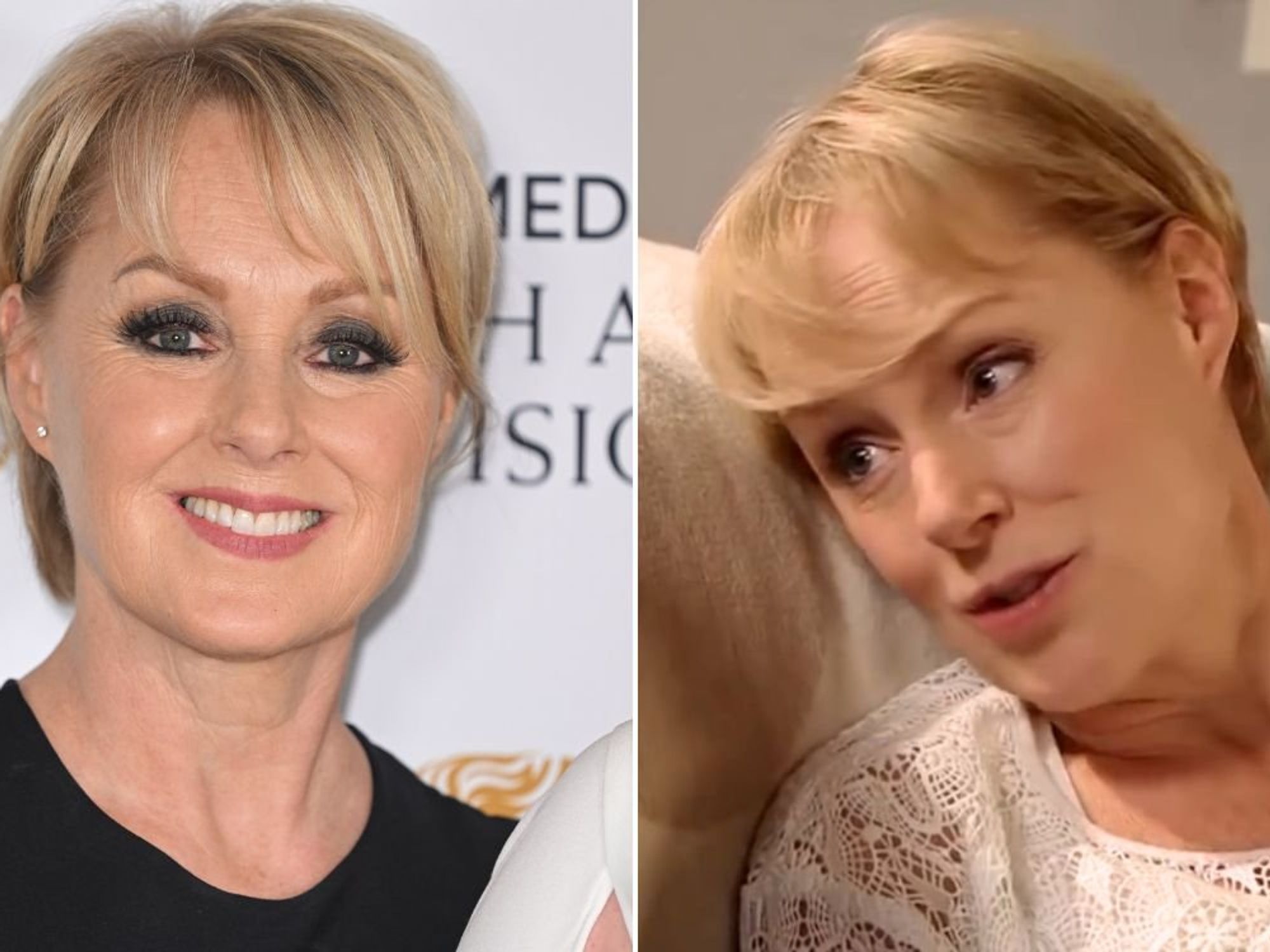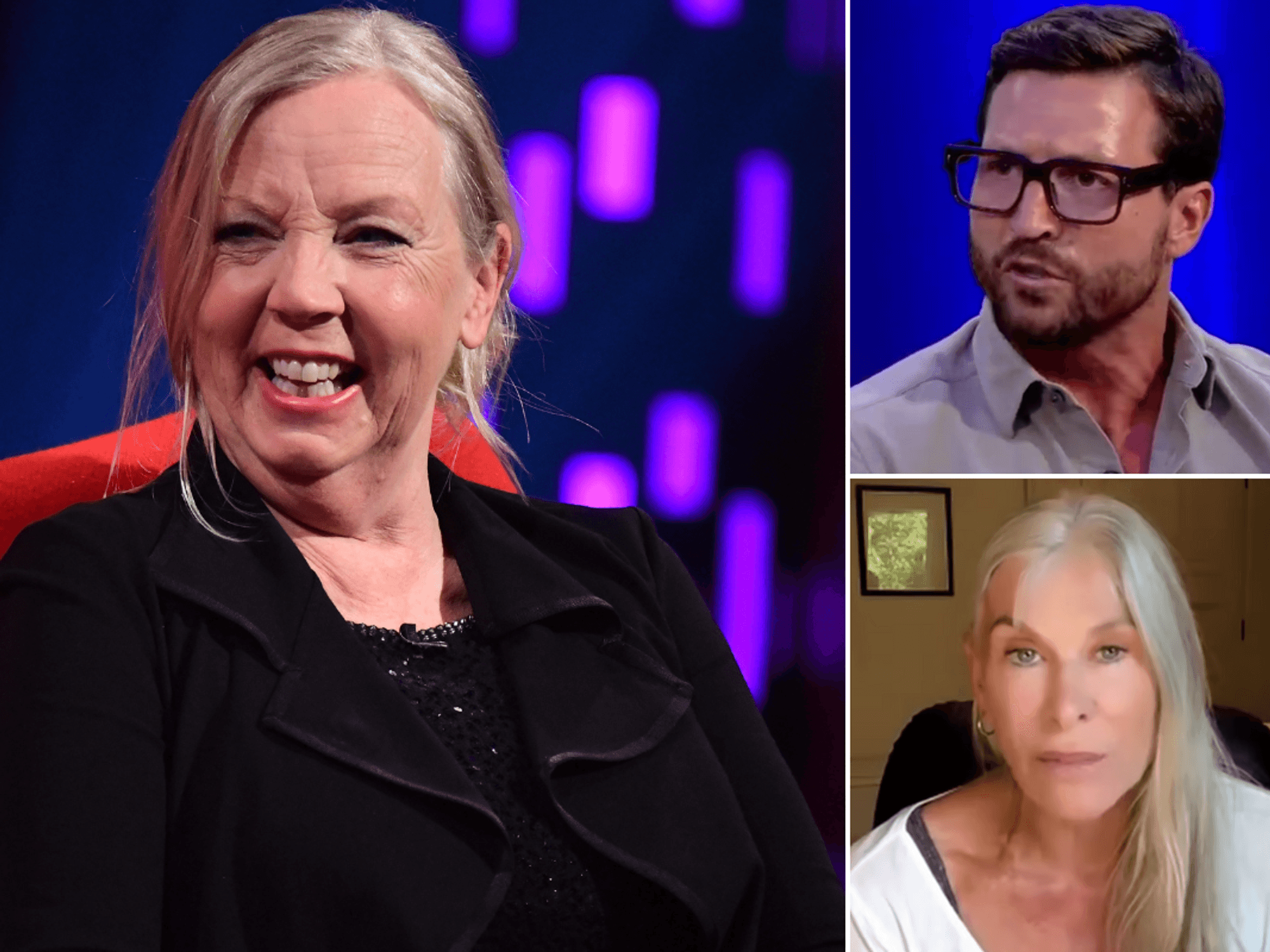Prince Andrew 'paid no rent' on Royal Lodge for over 20 years as lease terms revealed

The prince did, however, pay the lease fee upfront and agreed refurbishment costs
Don't Miss
Most Read
Latest
Prince Andrew has lived effectively rent-free at his Windsor residence for over two decades, according to newly disclosed documents.
A copy of the lease for Royal Lodge shows that Andrew's rent has been set at “one peppercorn (if demanded)” per year since 2003.
A “peppercorn rent” is a legal term that means rent in name only. It is a symbolic amount included to make an agreement legally valid.
In practice, this means Andrew has not paid any rent on Royal Lodge since moving in over two decades ago.
TRENDING
Stories
Videos
Your Say
The clause is a legal formality rather than a financial one, effectively allowing the prince to live in the 30-room mansion rent-free provided he covers maintenance costs.
Documents obtained by the Times show Andrew paid £1million for the lease and at least £7.5million towards extensive refurbishments completed in 2005.
The arrangement allows him and his family to occupy the Grade II-listed property until 2078, according to reports in the outlet.
GB News has contacted Andrew's representatives and Buckingham Palace for comment.
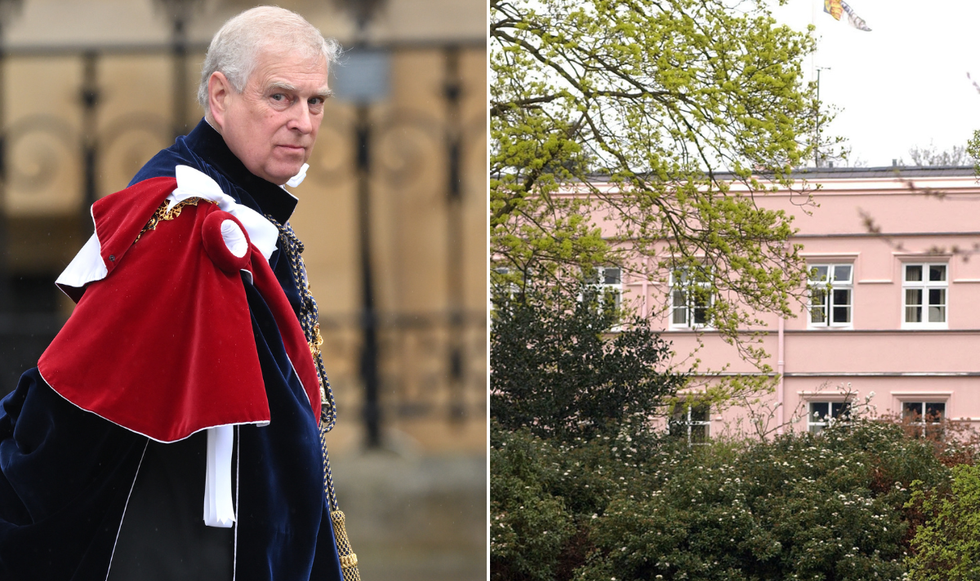
Prince Andrew 'paid no rent' on Royal Lodge for over 20 years as lease terms revealed
|GETTY / PA
The revelation adds further pressure on the 65-year-old royal to surrender his home, which one source described as his “last status symbol”.
The lease also stipulates that if Andrew were to give up the property, the Crown Estate, which manages Crown land and assets for the taxpayer, would owe him roughly £558,000.
That figure includes a compensatory payment of £185,865 for each remaining year until 2028, marking the 25th year of his lease. After that, no payment would be due.
The Crown Estate shared the unredacted lease with the publication following calls from MPs and campaigners for transparency over Andrew’s occupation of the property.
LATEST ROYAL NEWS:
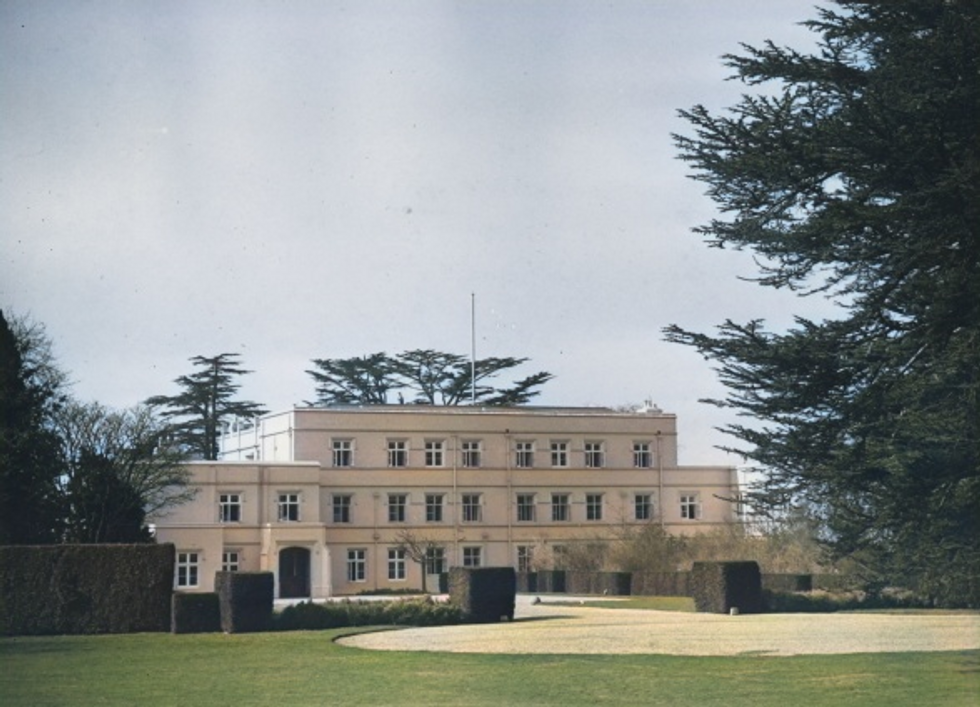 Royal Lodge is located on the Windsor Estate | GETTY
Royal Lodge is located on the Windsor Estate | GETTYThe disclosures come days after Andrew relinquished all his titles, including Duke of York and Knight of the Garter, amid growing fallout from his links to Jeffrey Epstein.
He remains known as Prince Andrew under a 1917 royal decree issued by George V, which allows male children of a monarch to use the title.
It had long been thought that Andrew paid an annual rent of around £260,000 on top of his initial payment, but the lease confirms that this “notional rent” would only apply if he failed to complete the required refurbishment works.
In effect, his £8.5million contribution equates to about £113,000 per year across the 75-year term — less than half the property’s estimated market rate.
Royal Lodge, which once belonged to the Queen Mother, became Andrew’s home shortly after she died in 2002.
The peppercorn rent clause sheds new light on how Andrew and his ex-wife Sarah Ferguson have managed to afford the upkeep of such an expansive estate, particularly after the King withdrew Andrew’s £1million annual allowance last year.
The prince’s only declared income is a £20,000 naval pension, and questions persist over how he funds his estimated £3million yearly security costs.
The Metropolitan Police continue to examine allegations that Andrew directed a protection officer to gather personal information about his accuser, Virginia Giuffre — claims he has strongly denied. A Palace source told GB News that allegations against Prince Andrew should be examined in an appropriate way.
On Monday, Princess Beatrice was seen driving into Royal Lodge, as speculation mounted that King Charles is encouraging his brother to relocate to Frogmore Cottage — the smaller home previously used by Prince Harry and Meghan Markle.
Royal Lodge, in contrast, spans 40 hectares within Windsor Great Park and includes a gardener’s house, six staff cottages and on-site accommodation for police officers.
Legal experts have long said Andrew cannot be evicted before 2078 due to the “iron-clad” nature of the lease.
The 25-page document also contains standard conditions barring illegal or immoral activity and prohibiting any conduct deemed a “nuisance” or “disturbance” to the landlord.
Baroness Hodge, former chair of the Commons public accounts committee, told the Times: “The Crown Estate is owned by us, and the onus is on those running the estate to maximise our income out of it. We should not be treating anyone in a different way.”


